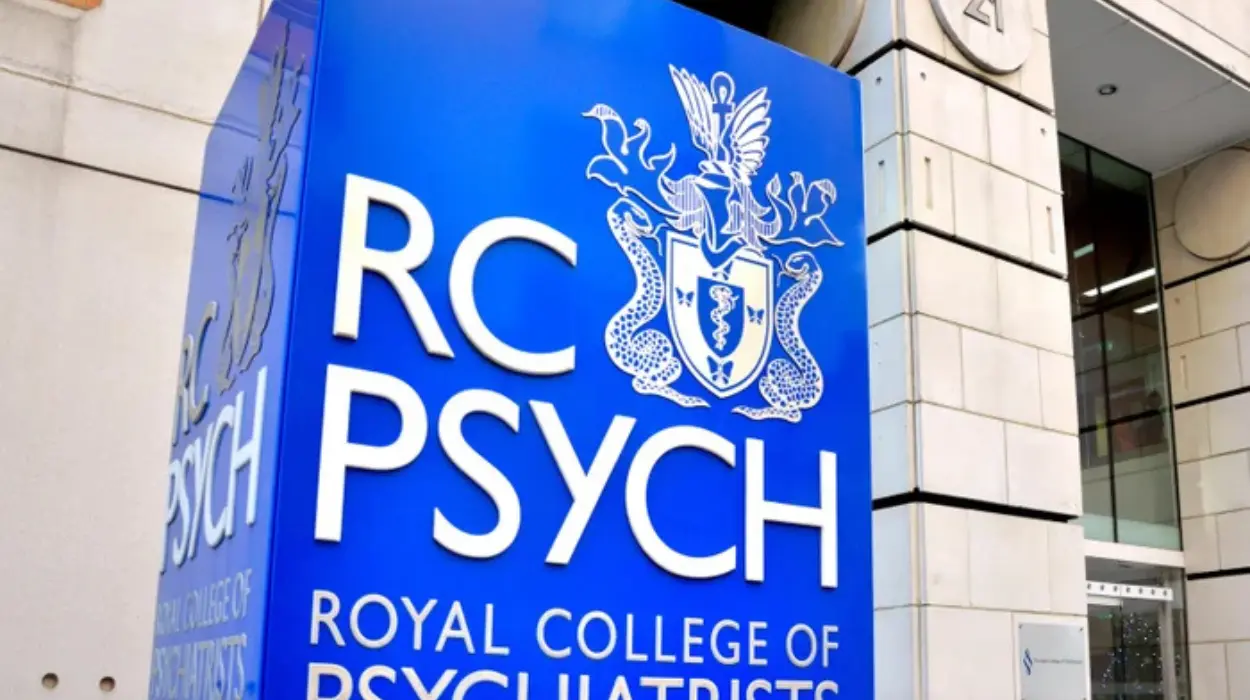UK (Parliament Politics Magazine) – The Royal College of Psychiatrists faces criticism for hosting exams in Qatar, as members warn it conflicts with the college’s stance on rights and equality.
As reported by The Guardian, members of the Royal College of Psychiatrists have slammed the body’s decision to partner with Qatar’s state healthcare provider.
A contract with Qatar’s Hamad Medical Corporation will allow the college to host international exams in Doha, opening membership to psychiatrists across the Middle East and beyond.
More than 150 psychiatrists from leading UK hospitals and universities have signed a letter to the college, criticising the decision to hold exams in a country with human rights abuses and anti-LBGTQ+ laws.
What did psychiatrists say in the letter to the college about Qatar exams?
The letter states,
“A commercial relationship with Qatar’s public health system, a de facto branch of its government, runs a risk of significant reputational damage to the college.”
It adds,
“Women are denied equal rights in a number of domains and there is no legal protection for domestic abuse. Same-sex sexuality remains legally subject to the death penalty.”
The college uses Singapore as its international exam centre, and Qatar will now serve as a second centre, with around 120 candidates expected to sit the professional exams from 10 to 13 November.
The letter also raises concerns about the treatment of migrant workers, who represent over 90% of Qatar’s labour force.
It adds,
“Deaths and injuries of migrant workers prior to the World Cup being held in Qatar in 2022 led to demands for compensation and accusations of worker exploitation.”
Dr Bradley Hillier, a consultant forensic psychiatrist and a signatory to the letter, stated,
“I am really quite disturbed that the Royal College of Psychiatrists is seemingly entering a business relationship with a [state] that has significant challenges around human rights. It seems so evidently in conflict with the college’s position and values and its history.”
He highlighted the complexities in managing mental health problems involving gender dysphoria, HIV, and issues related to experiences of sexual orientation.
The exams require candidates to conduct mock consultations with actors portraying patients, testing how doctors apply their practical skills in clinical settings.
Prof Michael Bloomfield, head of translational psychiatry at University College London, criticised the partnership, calling it “completely morally unacceptable.”
He added,
“It’s extremely regrettable where we’re in this situation where our college is choosing to operate in a country which is constitutionally homophobic.”
Earlier this year, the college announced the collaboration to broaden access to its exams for psychiatrists overseas.
How did the college defend its decision to hold exams in Qatar?
In a statement, the Royal College of Psychiatrists highlighted its focus on tackling inequity and supporting mental health in marginalised communities, with exams in the Middle East aimed at doctors from the global south.
The college said the Doha exams would follow the same standards and values as those in Britain and Singapore, including competency in LGBTQ+ mental healthcare. It stated that many of its 22,200 members had expressed support for the initiative.
A spokesperson from the college added,
“Our approach is anti-discriminatory and evidence-based, deliberately avoiding a colonial mindset of selectively deciding who we will or won’t work with. We are guided by the medical needs, working with doctors, not governments. Our decisions are always led by our values and will be in keeping with the Charity Commission’s expectations.”
How did the UK and Qatar strengthen defence and strategic ties?
UK Defence Secretary John Healey signed a new Defence Assurance Arrangement in Doha with Qatar, boosting defence ties and joint operational capabilities across land, air, and sea.
Under the deal, the UK and Qatar will enhance military cooperation, conducting joint operations and planning for potential threat scenarios.
Britain’s partnership with Qatar extends beyond defence, with UK exports to Qatar reaching £4.4 billion in 2025 and Qatari investments in the UK exceeding £40 billion, supporting jobs across key sectors.
Referring to the deal, the defence secretary said,
“Qatar and the UK are close partners with historic defence ties going back decades. This partnership bolsters the national security of both our nations and supports stability in the Gulf region.”
He added,
“We build on that proud legacy by starting a new chapter in our partnership, as we strengthen the bonds between our militaries and defence industries. This is part of our drive to strike new defence deals to strengthen our alliances and our UK defence industry.”
What are LGBT rights in the UK?
LGBT individuals in Britain have the right to marry, adopt children, serve in the military, and access healthcare. These rights are supported by laws such as the Human Rights Act and the Gender Recognition Act.
However, recent setbacks have affected trans rights. A 2025 Supreme Court ruling defined sex by birth assignment, limiting legal gender recognition and access to gender-appropriate public services.
Britain has dropped in LGBT rights rankings due to these legal challenges, lack of a conversion therapy ban, and poor conditions for LGBT asylum seekers.


